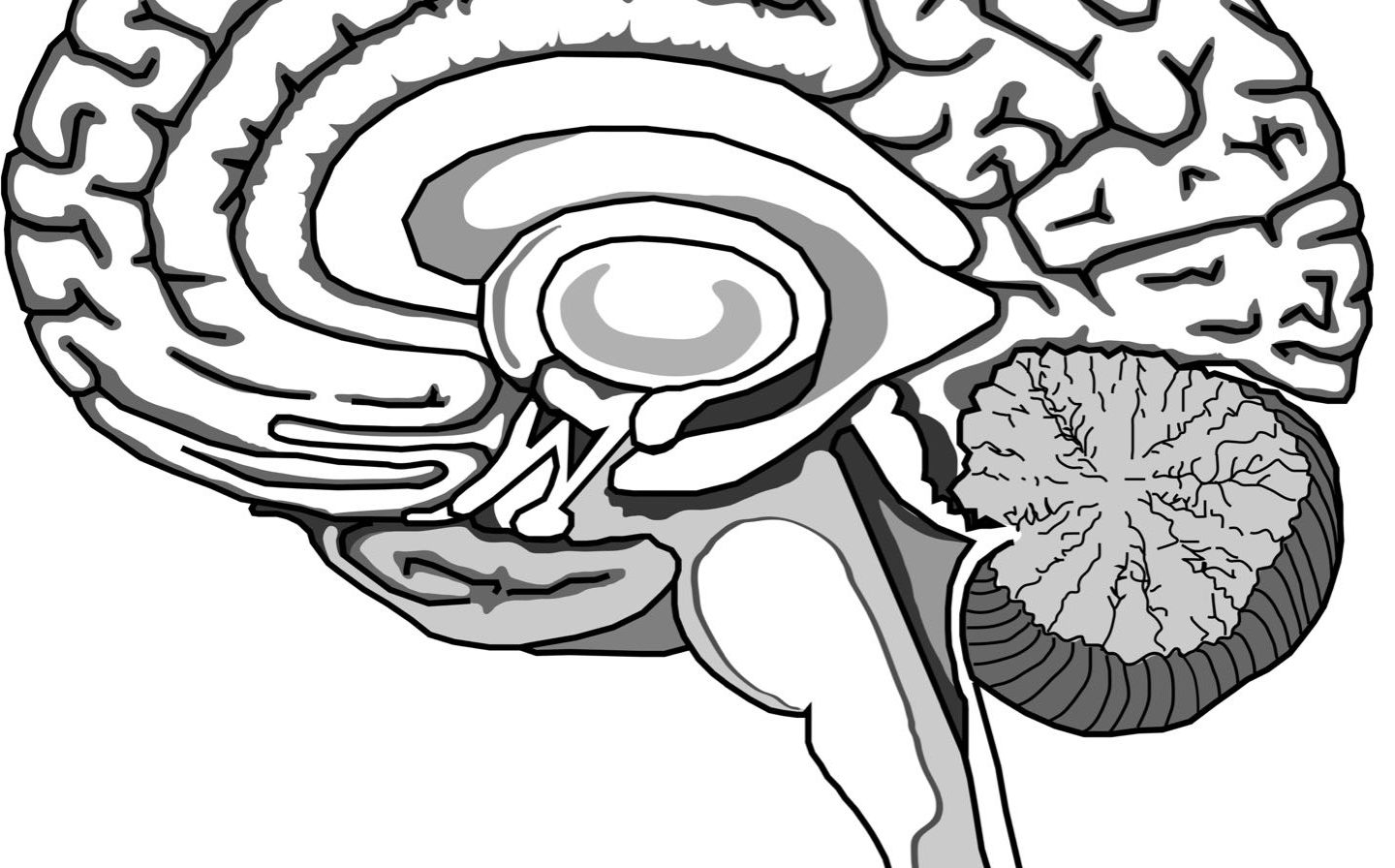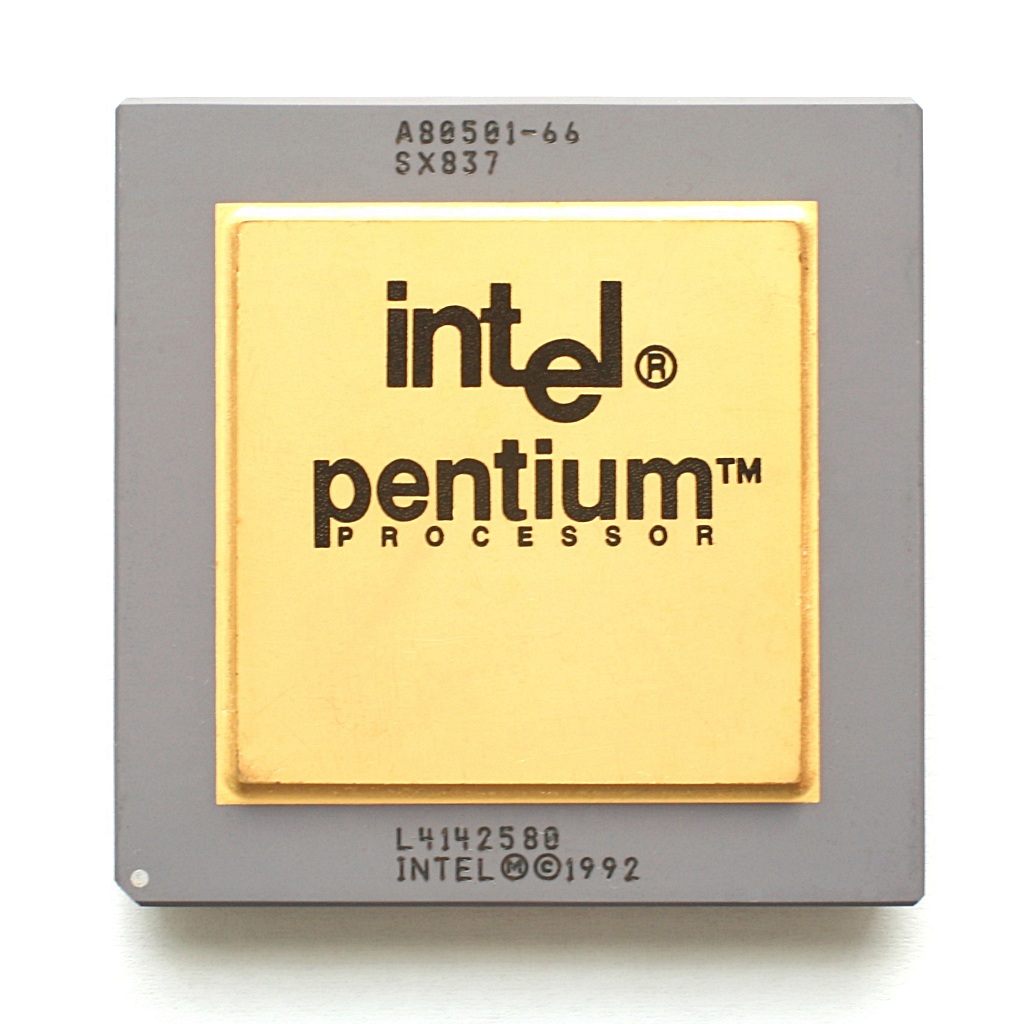Cognitive Science of Philosophy Symposium: Corpus Analysis
Welcome to the Brains Blog’s new Symposium series on the Cognitive Science of Philosophy! The aim of the series is to examine the use of methods from the cognitive sciences to generate philosophical insight. Each symposium is comprised of two parts. In the target post, a practitioner describes their use …







